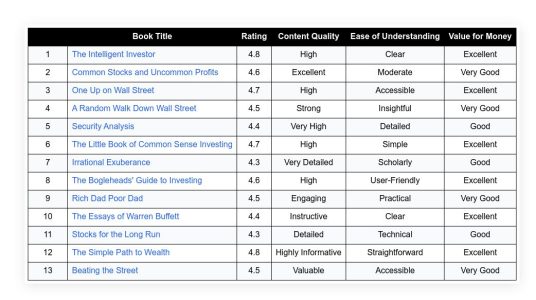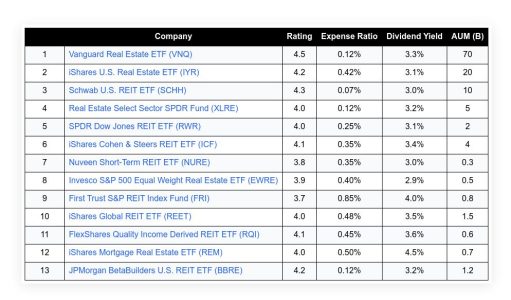The iconic bell of the New York Stock Exchange (NYSE) has been a symbol of the financial world’s rhythm for the past century. Every Monday through Friday, at precisely 9:30 a.m. and 4:00 p.m., the bell rings to signal the opening and closing of trading. This bell doesn’t just dictate when you can buy and sell stocks, a practice engaged in by 58% of American households, but it also shapes people’s lives and schedules. The timing of the bell influences traffic patterns globally as traders, brokers, and other financial professionals adjust their routines to align with the NYSE’s operating hours.
Table of Contents
ToggleA shift towards 24/7 trading
However, this long-standing tradition may soon undergo a significant transformation. The NYSE is contemplating a move towards 24/7, 365 stock trading, a shift that would mean the stock market never closes. This potential change raises several questions about the future of trading, the impact on financial professionals, and the broader implications for the global economy.
View this post on Instagram
A post shared by Taylor Sohns – CFP®, CIMA®, MBA – Finance (@lifegoalinvestments)
Taking a page from cryptocurrencies
The idea of a 24/7 stock market isn’t entirely new. Cryptocurrencies, the digital assets that have disrupted the financial world in recent years, have always been traded around the clock. This non-stop trading has allowed for a global, decentralized market that never sleeps. The NYSE’s consideration of a similar model suggests that traditional Wall Street may take a page out of the new school crypto trading book.
The pros and cons of a 24/7 market
The question that arises is whether this shift is a positive evolutionary change or a negative one. On one hand, proponents argue that a 24/7 stock market would make markets more efficient. With the ability to trade anytime, investors could respond more quickly to news and events, potentially reducing the volatility seen in overnight futures markets. This could also provide more opportunities for retail investors, who often find themselves at a disadvantage due to the current market hours.
However, critics like Warren Buffett might argue that this change could bring a whole new level of gambling to the stock market. The ability to trade around the clock could encourage impulsive decisions and speculative trading, potentially leading to increased market volatility. Furthermore, the absence of a closing bell could make it harder for investors to disconnect, leading to increased stress and burnout.
Impact on financial professionals
Another critical question is the impact of this change on financial professionals. Currently, many base their schedules around the NYSE’s operating hours. A shift to 24/7 trading could disrupt these routines, potentially leading to longer working hours and less downtime. This could have significant implications for work-life balance in an industry already known for its demanding schedules.
Balancing the benefits and drawbacks
In conclusion, the potential shift towards a 24/7 stock market represents a significant evolution in the world of trading. While it could bring increased efficiency and opportunities, it raises concerns about market stability and the well-being of financial professionals. As the NYSE considers this change, balancing these potential benefits and drawbacks will be crucial to ensure a sustainable and fair trading environment.
Frequently Asked Questions
Q. What is the significance of the NYSE bell?
The bell of the New York Stock Exchange (NYSE) symbolizes the financial world’s rhythm. It rings at precisely 9:30 a.m. and 4:00 p.m., Monday through Friday, to signal the opening and closing of trading. This bell dictates when you can buy and sell stocks and shapes people’s lives and schedules, influencing global traffic patterns as financial professionals adjust their routines to align with the NYSE’s operating hours.
Q. What is the proposed change to the NYSE’s operating hours?
The NYSE is contemplating moving towards 24/7, 365-day stock trading. This would mean the stock market never closes, a significant shift from its current operating hours.
Q. Where did the idea of a 24/7 stock market originate?
The concept of a 24/7 stock market isn’t entirely new. Cryptocurrencies, the digital assets that have disrupted the financial world in recent years, have always been traded around the clock. This non-stop trading has allowed for a global, decentralized market that never sleeps.
Q. What are the potential benefits and drawbacks of a 24/7 market?
A 24/7 stock market could make markets more efficient and provide more opportunities for retail investors. However, it could also encourage impulsive decisions and speculative trading, potentially leading to increased market volatility. Furthermore, the absence of a closing bell could make it harder for investors to disconnect, leading to increased stress and burnout.
Q. How could a 24/7 market impact financial professionals?
A shift to 24/7 trading could disrupt the routines of financial professionals, potentially leading to longer working hours and less downtime. This could have significant implications for work-life balance in an industry already known for its demanding schedules.

















